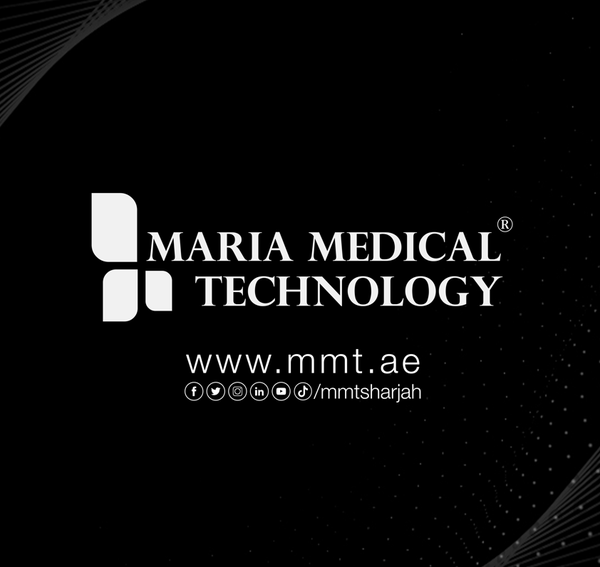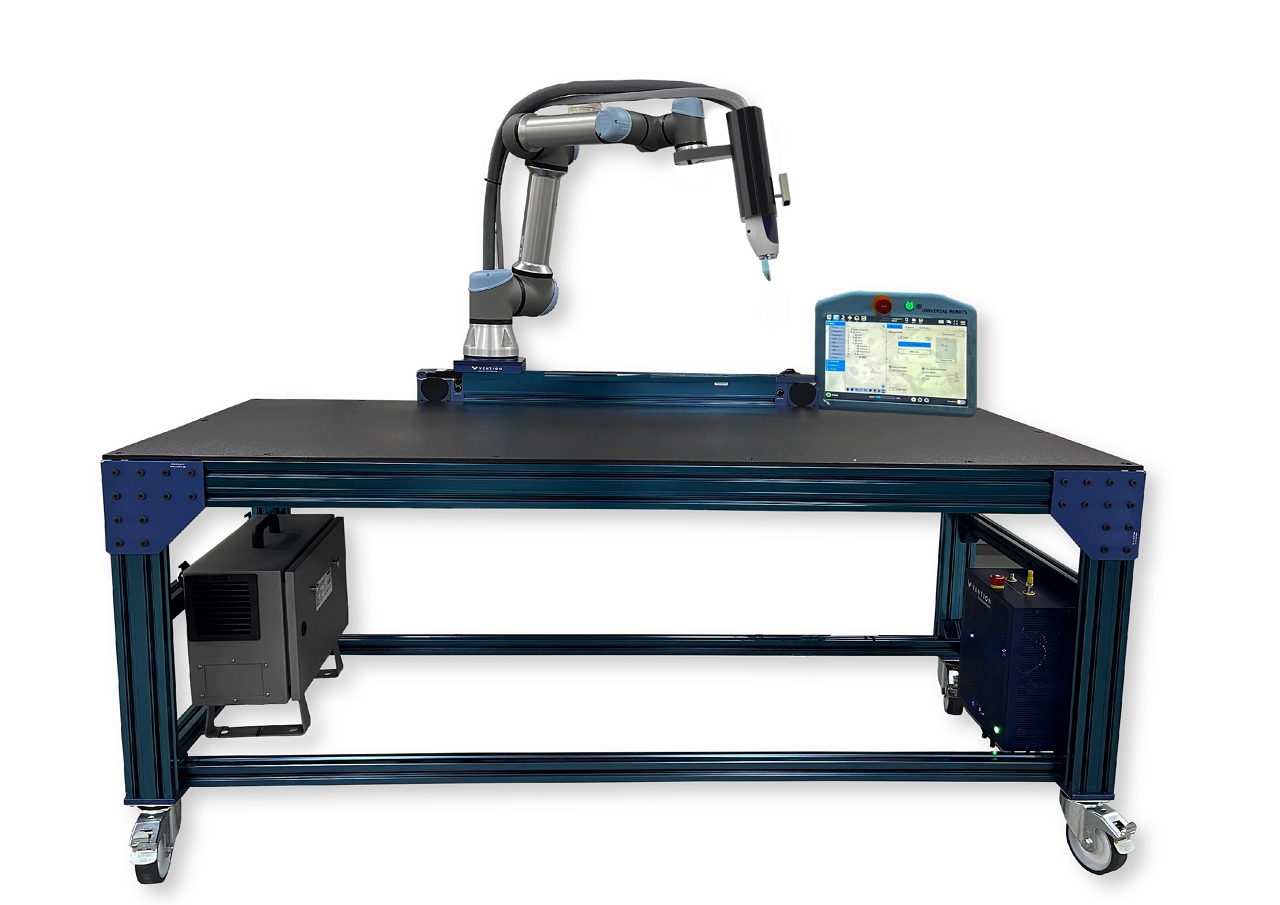
[ad_1]

Maria Medical Technology (MMT), a manufacturer of aesthetic devices and medical robots based in the United Arab Emirates, has released an automated, artificial intelligence-based medical robot for hair removal, iLaser.
MMT makes medical “cobots,” robots designed to work collaboratively with humans within a shared space. The UAE company displayed its latest prototype at a collaborative meeting held by Gulf Information Technology Exhibition and Ai Everything (GITEX x AI) between Oct. 17 and 21.
iLaser is a medical cobot arm designed by MMT, which guarantees safety during the procedure. The device was developed with intrinsically safe components and reliable sensors to help aestheticians and dermatologists avoid human error while treating patients.
The machine comes along with laser devices, which helps aestheticians or dermatologists draw better treatment outcomes. It also provides proper treatment for the patients based on the requirements and device treatment protocols.
The company recently received official patent registration number, P6001297/2021, of its automated robotics system for laser hair removal issued by the UAE Ministry of Economy.
In the global showcase of technologies held in UAE, companies, government agencies, and next-generation startups participated to show their latest novel technologies, including biotech for healthcare.
Medical cobots work with physicians, nurses, and technicians and interact with patients, making users follow safety measures at electric, software, treatment, and system monitoring levels.

iLaser offers various technologies to the healthcare field by integrating AI ideas with laser devices. It provides high-quality patient care, effective treatment, and a secure environment for patients and specialist physicians.
The company stressed that the medical field has turned toward technology trends with fast technological changes and innovations. Medical cobots are used to reduce human effort and increase the accuracy of treatment within the medical industry.
Dermatologists and plastic surgeons are often not specialists in medical robots, raising the need to control iLaser. The machine is usually controlled by applications using mobile phones or tablets.
“People make human errors in laser treatments as they use handheld devices, but our machine is data-driven, and we used a lot of AI and machine learning to overcome such errors,” said Abdul Wahid Ansari, an engineer at Maria Medical Technology. “We have come up with an idea by using a visual system of 3D modeling cameras that can tell individual’s skin type.”
[ad_2]
Source link